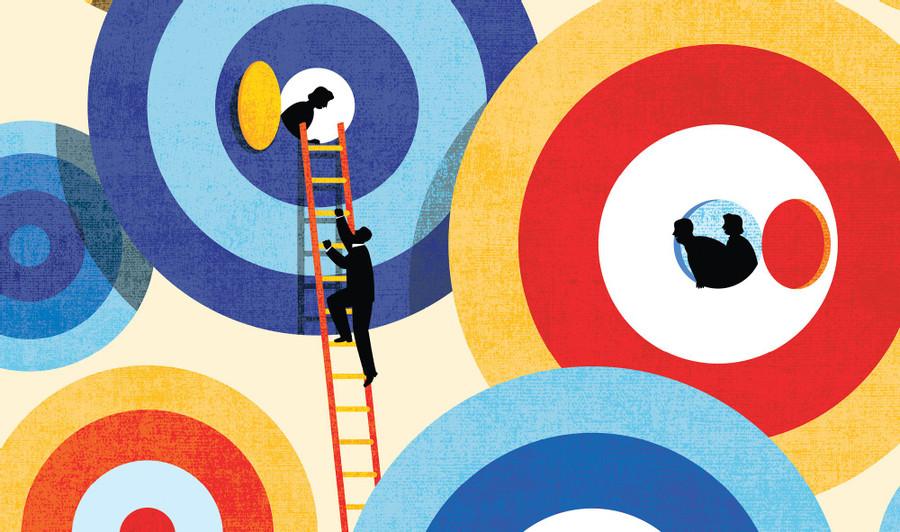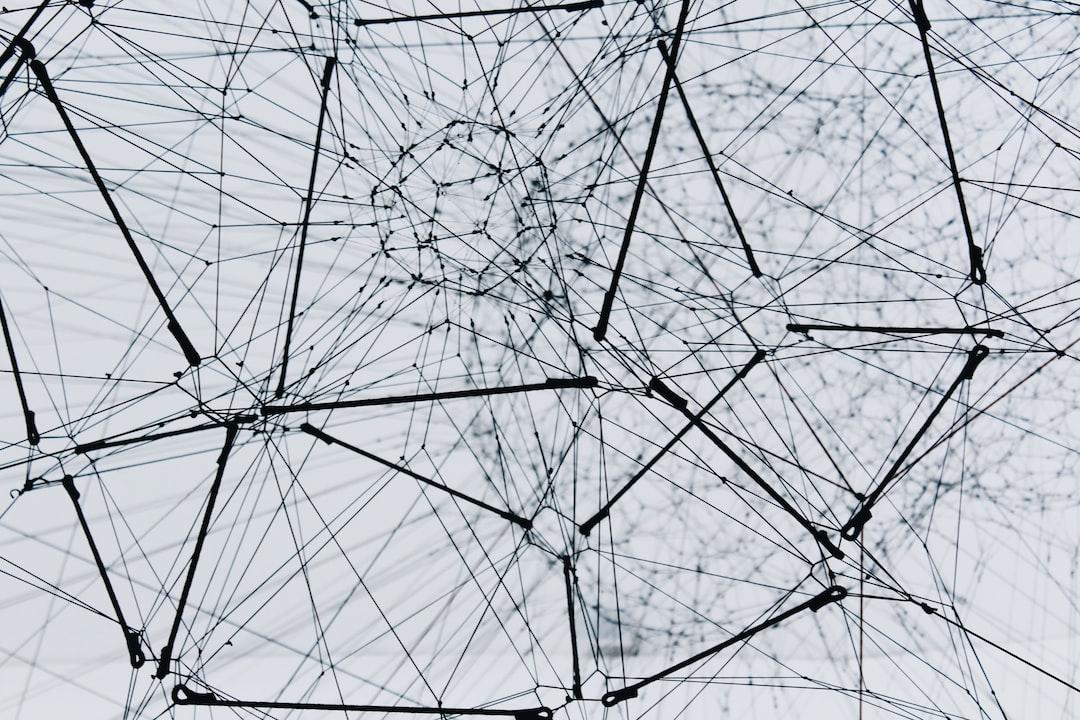Hard Work Isn’t the Point of the Office
Curated from: theatlantic.com
Ideas, facts & insights covering these topics:
4 ideas
·884 reads
14
1
Explore the World's Best Ideas
Join today and uncover 100+ curated journeys from 50+ topics. Unlock access to our mobile app with extensive features.
The office is for Soft Work not Hard Work
We can separate office work into:
- Hard work: researching, calling people, transcribing conversations, managing etc. This is, in theory, the productive work that we are paid for. It is also the part that can be done from home.
- Soft work is the vague middle space of weekday activity that isn’t hard work but also isn’t not-work: getting coffee with a co-worker, catching up about the NFL.
Surprisingly enough, coming into the office is all about soft work.
10
295 reads
Remote Work Under the Microscope
The value of soft work was the unmistakable conclusion of a paper from Dave Holtz of UC Berkeley and Siddharth Suri, Longqi Yang and Sonia Jaffe of Microsoft. They studied the effect of the first six months of the pandemic on 61,000 Microsoft employees and found that remote work caused “collaboration to be more static and siloed,” they concluded, noting a sharp decrease in communication across groups that made it harder for “employees to acquire and share new information.”
9
211 reads
The Importance of Work Connections
In the workplace, there are two main types of connections:
- In-group connections: These are the connections we have within a formal team, working under the same manager.
- Out-group connections: These are the informal friendships that form throughout the company and rely on "soft work" to maintain them.
Having strong connections with both in-group and out-group colleagues is crucial for a successful and fulfilling work experience. So make sure to invest time in developing and nurturing these connections! 👋
12
191 reads
Creativity is just connecting disparate ideas
Productivity experts have been telling us that cross-group collaboration and weak ties are the skeleton key to unlocking radical creativity.
The history of invention is, in large part, a history of smart people making great leaps forward by combining disparate ideas in domains adjacent to their expertise. As the British philosopher Liam Bright has put it , “anything can be related to anything,” so we ought to build systems that allow people to see previously undiscovered connections between siloed domains.
8
187 reads
IDEAS CURATED BY
Life-long learner. Passionate about leadership, entrepreneurship, philosophy, Buddhism & SF. Founder @deepstash.
CURATOR'S NOTE
Remote work can be more productive for individual contributors, but it kills communication between silos, which it turns out is the engine for creativity and innovation.
“
Similar ideas
Read & Learn
20x Faster
without
deepstash
with
deepstash
with
deepstash
Personalized microlearning
—
100+ Learning Journeys
—
Access to 200,000+ ideas
—
Access to the mobile app
—
Unlimited idea saving
—
—
Unlimited history
—
—
Unlimited listening to ideas
—
—
Downloading & offline access
—
—
Supercharge your mind with one idea per day
Enter your email and spend 1 minute every day to learn something new.
I agree to receive email updates




